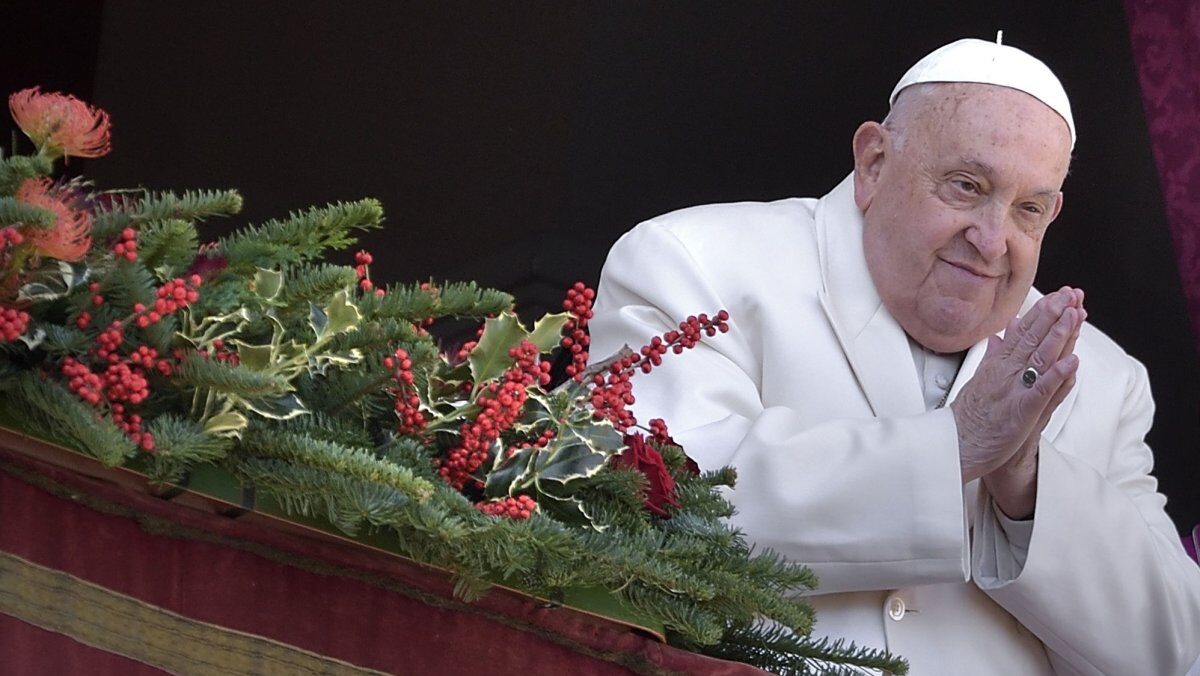Pope Francis, the leader of the Roman Catholic Church, has passed away at the age of 88. His death occurred on Easter Monday, April 21, 2025, at his residence in the Vatican’s Casa Santa Marta. The Vatican confirmed the news in an official statement, describing it as a moment of profound sorrow for the global Catholic community and the world.
Pope Francis, born Jorge Mario Bergoglio in Buenos Aires, Argentina, was elected as the 266th pope in 2013, becoming the first Latin American pope in history. Known for his humility, compassion, and dedication to social justice, Pope Francis earned the admiration of millions across the globe. He was often seen as a champion for the poor, marginalized, and vulnerable, and his papacy marked significant efforts toward reforming the Catholic Church and fostering unity among Christian denominations.
Throughout his tenure, Pope Francis consistently emphasized the need for mercy, forgiveness, and compassion. His efforts to address global issues such as poverty, climate change, and human rights helped shape his papacy. He was particularly vocal about the need for peace, speaking out against war, violence, and social injustice. One of his key initiatives was advocating for refugees and displaced persons, encouraging nations to open their doors to those in need.
Pope Francis’ humility and simplicity were central to his leadership. He lived a life of modesty, shunning luxury and embracing the pastoral care of his flock. His choice of simple papal attire and his decision to reside in the Casa Santa Marta rather than the lavish Apostolic Palace were symbolic of his desire to lead by example.
The news of Pope Francis’ death has prompted an outpouring of tributes from world leaders, religious figures, and individuals worldwide. Political leaders from around the globe, including Vice President JD Vance, Italian President Sergio Mattarella, and UK Prime Minister Keir Starmer, expressed their condolences, praising Pope Francis for his unwavering commitment to peace, human dignity, and social justice. Pope Francis was not only a religious leader but also a global moral authority, whose influence reached far beyond the Catholic Church.
Just days before his passing, Pope Francis delivered his final Urbi et Orbi blessing on Easter Sunday. In his message, he called for peace in conflict regions such as Gaza, Sudan, and the Democratic Republic of Congo. He also emphasized the need for global disarmament and an end to violence, a message that resonated deeply with many of his followers and the international community.
Funeral Arrangements and the Future of the Papacy
The Vatican has announced that Cardinal Kevin Farrell will preside over the rites associated with the Pope’s death, and funeral arrangements will be made public in the coming days. The funeral is expected to be a solemn occasion, reflecting Pope Francis’ preference for simplicity and humility. The Vatican will likely follow the established procedure for a papal funeral, with a period of mourning preceding the election of a new pope.
Pope Francis’ death has opened a new chapter for the Catholic Church, leading to the upcoming papal conclave where a new leader will be chosen. As the Church mourns the loss of a beloved shepherd, it is reminded of his message of mercy, peace, and service to others. His legacy will undoubtedly continue to inspire generations of Catholics and individuals worldwide.
Pope Francis’ passing marks the end of a significant era for the Catholic Church and the world. His life and work will continue to influence and inspire those who seek a world of greater compassion, justice, and peace.



